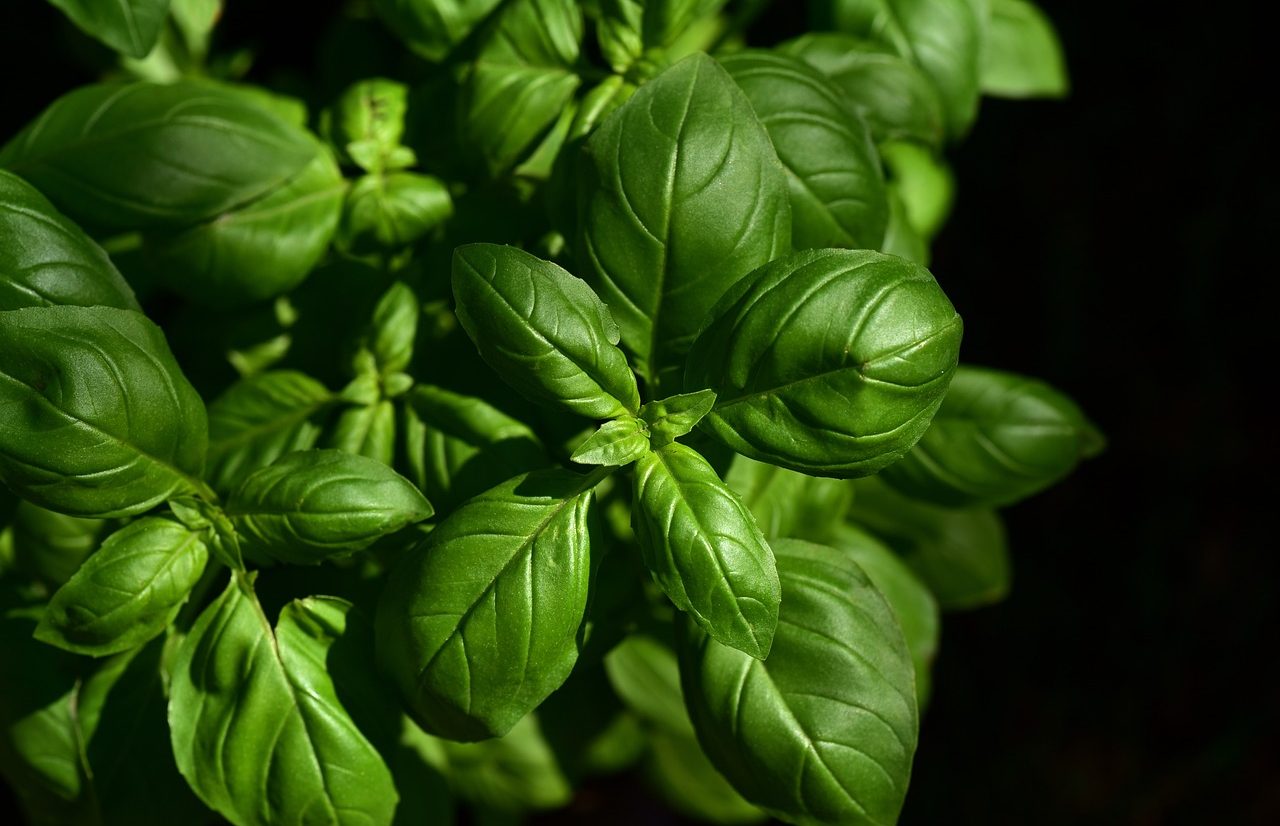
Basil is an aromatic herb used in cooking.
Basil is a plant that belongs to the Lamiaceae family . It is an aromatic herb that is used as a condiment .
Small in size, capable of reaching a height of up to approximately 1.30 metres, basil has greenish leaves and spikes of white flowers. Due to its characteristics, it is usually grown in gardens and even in homes as it can grow in small pots, although it is important to protect the plant from frost.
It is important to note that common basil is the plant whose scientific name is Ocimum basilicum . However, there are other plants that are also known, in colloquial language, as basil. The Acinos alpinus , for example , is often called wild basil . The Clinopodium acinos and the Clinopodium vulgare , on the other hand, are called wild basil . As for the Nepeta cataria , it is called cat basil .
Using Basil
In gastronomy , basil is used in a large number of recipes . It is often consumed fresh, in salads or sauces. Caprese salad , originally from the Italian island of Capri , is one of the most popular preparations with basil: in addition to fresh basil leaves, it contains mozzarella cheese, tomato and olive oil.
Pesto is also based on the use of basil. This sauce , which is used as an accompaniment to various pasta dishes, is made from processing basil leaves, garlic, pine nuts, Parmesan cheese and olive oil, although it can also include other ingredients.

Pesto is made with basil.
Healing properties
As with most plants, basil is not only used for culinary purposes, but also for treating a large number of illnesses and health problems of varying severity. Broadly speaking, we can say that its leaves serve to sharpen memory, combat nervousness, clear phlegm from the bronchial tubes and optimize stomach function.
One of the conditions that can be improved by consuming basil is fever , an abnormal increase in body temperature that can occur for multiple reasons, and that usually affects other aspects of the body , such as breathing and heart rate.
To ingest basil and take advantage of its medicinal properties , one of the recommended ways is to cook it with tea; on the other hand, it is also possible to prepare a decoction with cardamom powder (an aromatic species of perennial herb) and sugar. Although it is not a chemical product and therefore it is not necessary to take care of the dosage, two or three cups a day are enough to give the body the opportunity to assimilate it.
Cough and sore throat are two other health problems that can be treated with the help of basil. In the first case, it should be mentioned that this plant is one of the fundamental components of various syrups, since it promotes expectorant action and the release of the bronchi. Regarding inflammations in the throat, it is recommended to boil some basil leaves and then drink the water or use it to gargle.
Stress is one of the most common ailments of today, given the dizzying pace of life in society, filled with personal and professional demands that few can meet without putting all their energy into it. Basil also offers us benefits against this series of mental and physical disorders, since it is a natural anti-stress agent, as many studies have shown. Just chewing several leaves a day is enough to have good protection against stress.
